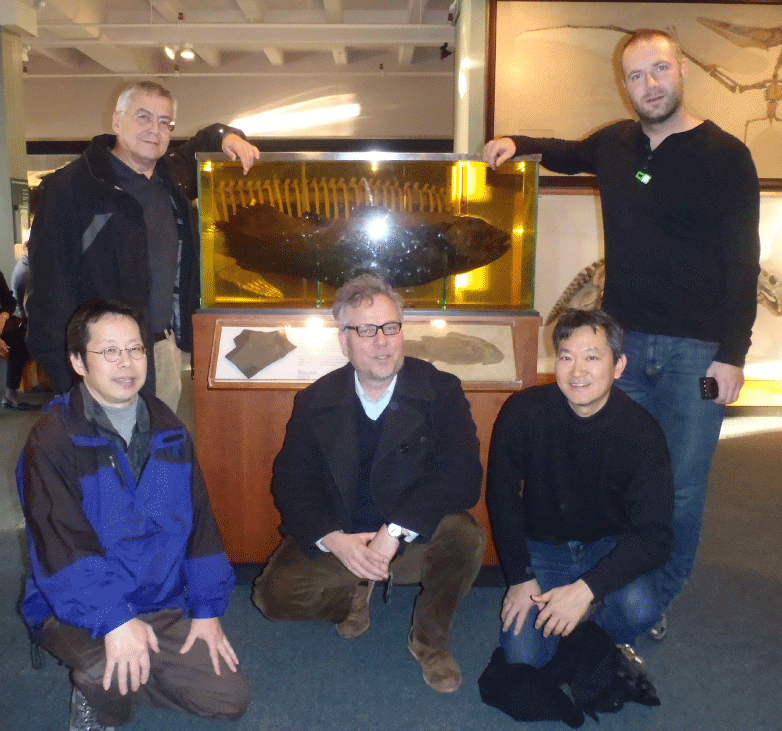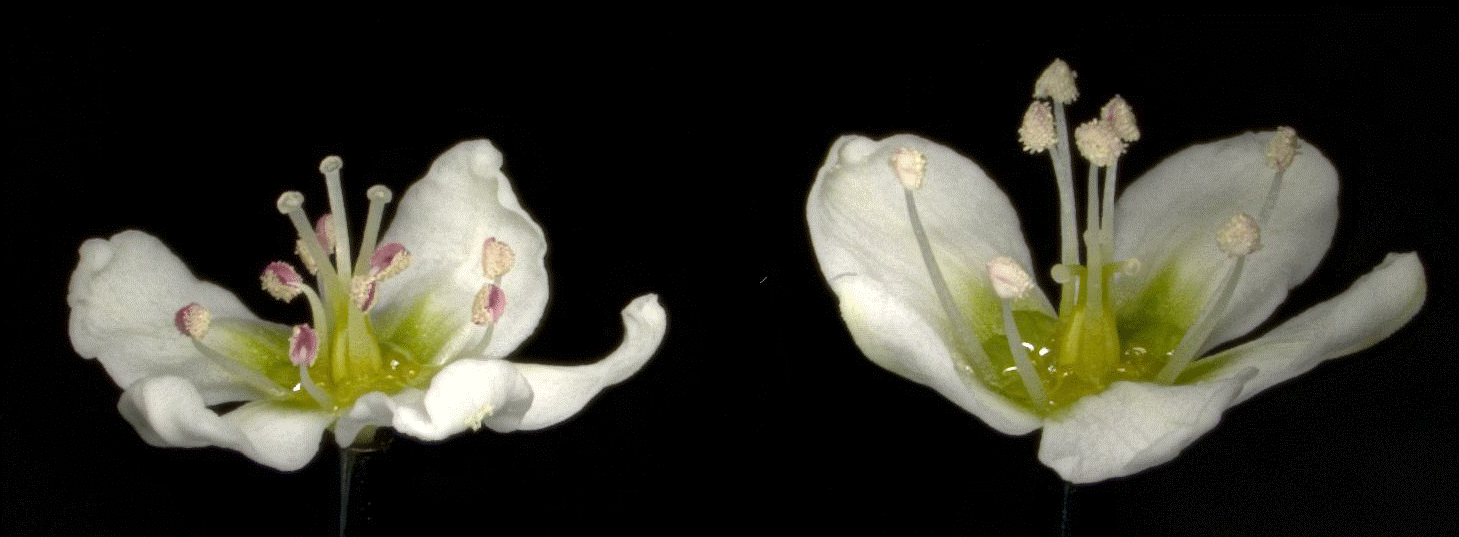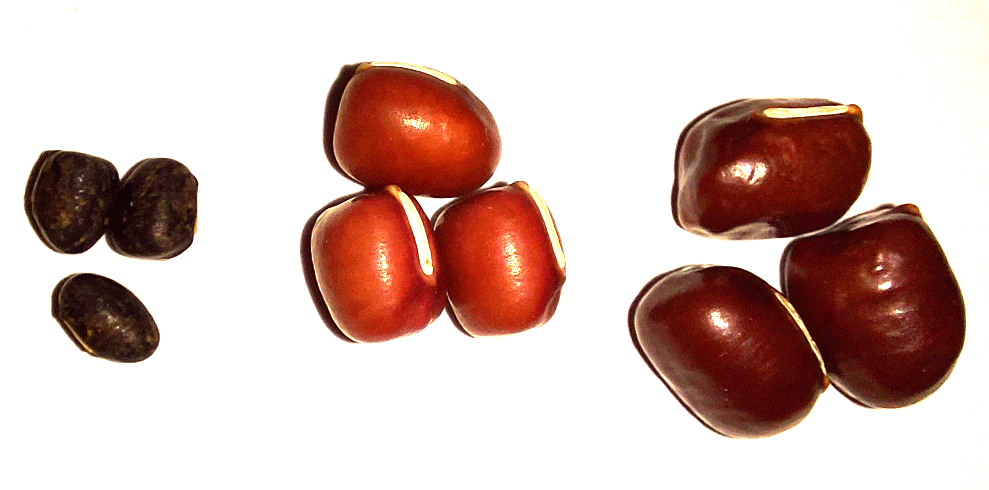Research projects
The main aim of our researches is the understanding of the evolution of complex biological systems. With analyzing ever accumulating genetic and genomic data, the evolutionary processes of genes and/or genomes involved in the following biological systems or processes have been examined.
Evolution of vertebrate immune systems
Antigen-recognition molecules, such as immunoglobulins, T-cell receptors, and MHC, play major role in the vertebrate immune system. The genes coding antigen recognition molecules are mostly encoded by multigene families with exhibiting the complex pattern of evolution (e.g., Ota and Nei 1994). Researches to identify and characterize such molecules among various vertebrate genomes, such as of lungfish (Ota et al. 2003), coelacanth (Amemiya, Alföldi et al. 2013), spotted gar (Braasch et al. 2016), and bowfin (Thompson et al. 2021) shed light on the significant functional roles of immunological genes, and their unique evolutionary patterns illustrate the importance of various evolutionary forces to sustain living organisms (e.g., Hughes et al. 1990).
With members of coelacanth genome project team
(Museum of Comparative Zoology at Harvard University)Origin and evolution of buckwheat heteromorphic self-incompatibility
Buckwheat exhibits heteromorphic self-incompatibility, where a single genetic region (possibly a supergene complex) regulates both flower morphology and self-incompatibility. Genetic mechanism of tight association of two phenotypes of heteromorphic self-incompatibility has been of interest of many biologists, ever since Darwin. Our collaborative works (Yasui et al 2012, Fawcett, Takeshima et al. 2023) have identified that a gene called S-ELF3 is one of key factors to control both the floral morphology and the molecular process of self-incompatibility.
Two different morphs of buckwheat flowersDomestication process of cultivated plants
Domestication of wild plants is one of important steps for human being to be able to maintain the food (energy) sources for their survival. Artificial selection, whether it is conscious or unconscious, has been certainly operated on the establishment of cultivated plants and many features associated with the processes, often called as domestication syndrome, are intriguing materials to study evolutionary processes. We are currently working on the genetic and genomic evolution of cultivated plants that have their origins in Asia, such as buckwheat (Fawcett, Takeshima et al. 2023) and Azuki beans.
wild (left) and cultivated (middle and right) Azuki beans